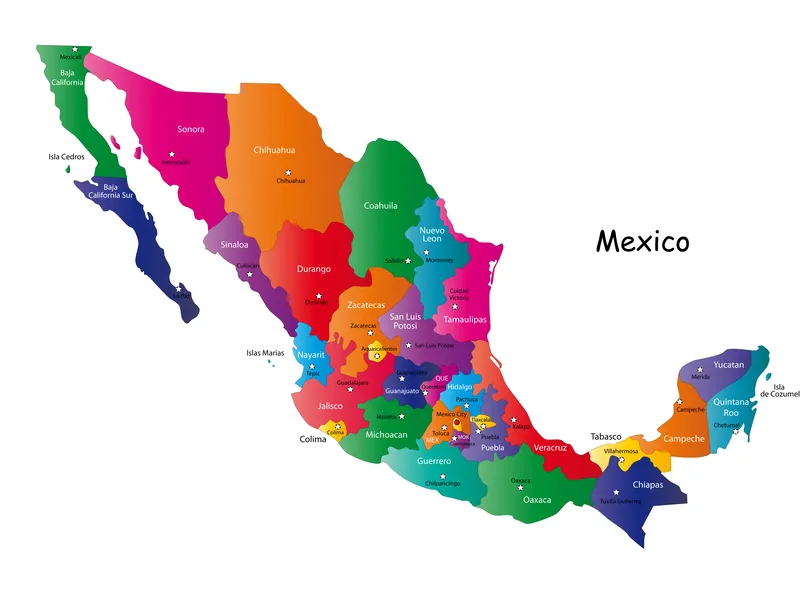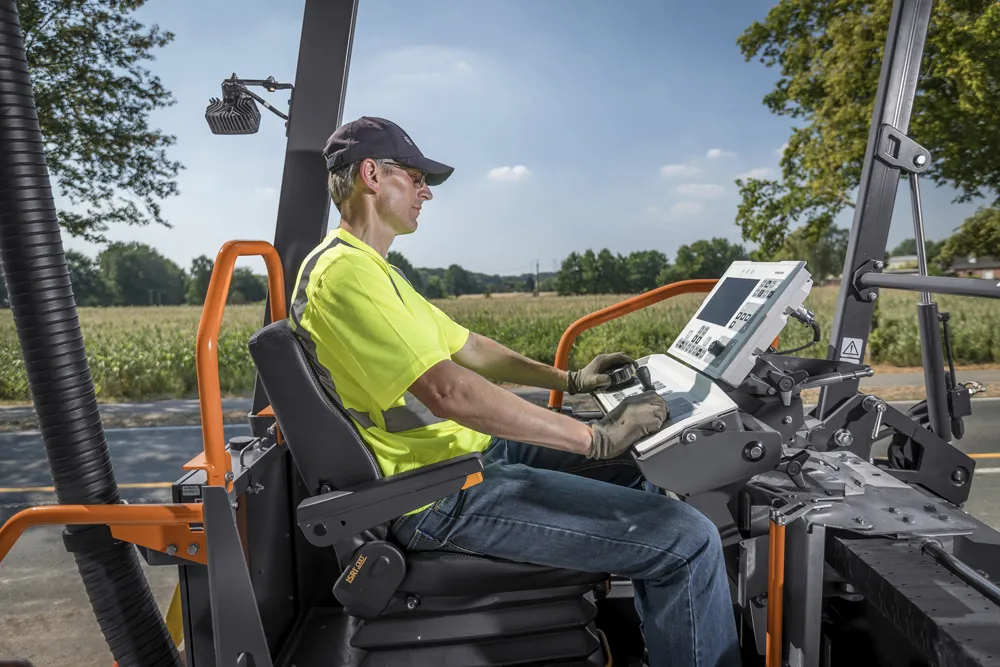
Dutch firm PlasticRoad has helped create a climate-adaptive bicycle path made from around 1 tonne of plastic waste in part of Mexico City's Chapultepec Forest.
PlasticRoad said that the path is the first pilot project for its road system that allows ingress and storage of rain and runoff water which the company and Orbia say will help alleviate some flooding, a major issue for the Mexican capital of around 22 million people. With extremely high annual rainfall, water runoff from roads and other city areas can infiltrate drinking water systems.
According to PlasticRoad, the modular design of Mexico City’s cycle path offers temporary water storage and drainage which is monitored via embedded sensors. By gradually releasing rainwater back into the ground, dry periods will also have less an impact on the area around the cycle path. In addition, its durability and low-maintenance construction mean a reduced carbon footprint of up to 72% over its service life as compared to traditional road structures.
“Our third pilot in Mexico is an opportunity to test our product under a different set of climate conditions, which will provide us with significant data in order to explore international markets outside our country of origin—the Netherlands—in the future,” said Eric Kievit, managing director at PlasticRoad.
Chapultepec Forest - Bosque de Chapultepec – is one of the largest city parks in the Western Hemisphere, measuring more than 686 hectares. Marina Robles García, secretary of Sedema, Mexico City’s environment ministry, says the initiative is part of the capital’s environment and climate change programme unveiled two years ago.
“An initiative like this combines the idea of seeking sustainable mobility in the city with the idea of giving new life to plastic waste as reusable material to build new infrastructure,” said Robles García. “We believe that together, we can build a better city. A city with a future, with a sustainable future.”
PlasticRoad worked with Orbia, a global company based in Mexico City and which develops sustainable solutions in the agriculture, building and infrastructure sectors. Orbia brands include Netafim, Wavin, Koura, Dura-Line, Vestolit, Alphagary, Amanco, PAVCO, Plastigama, Klea and Zephex.
Amanco Wavin supervised installation of the PlasticRoad bicycle path and will coordinate routine maintenance. Wavin is a Dutch manufacturer of plastic pipes, mainly for drainage and water supply.
PlasticRoad was founded with the joint support of Dutch constructions services company VolkerWessels and Wavin. Other key partners include Zensor, Smits Neuchâtel Infrastructuur, Primum and Nationaal Duurzaamheid Instituut.









